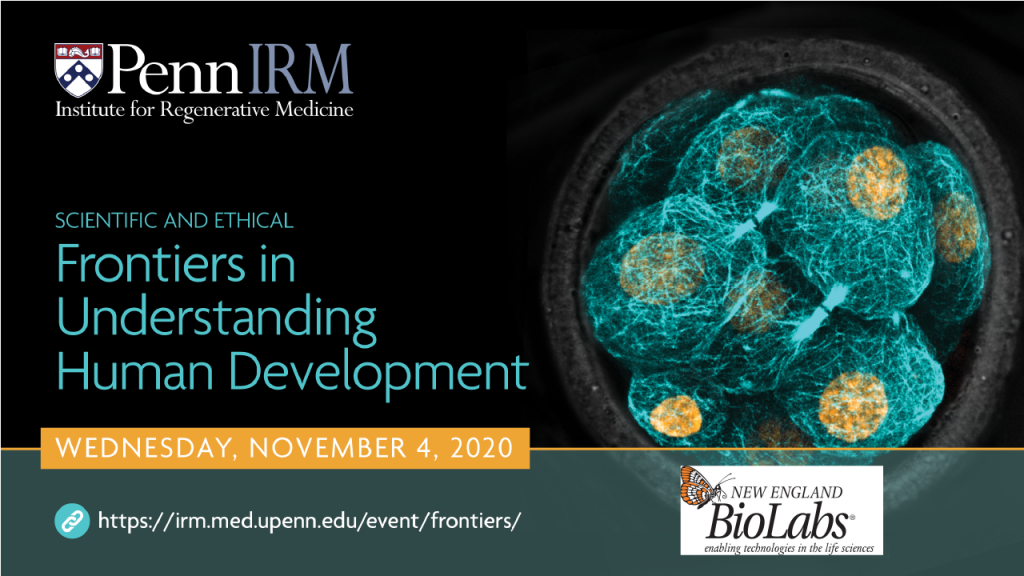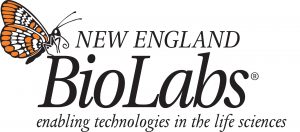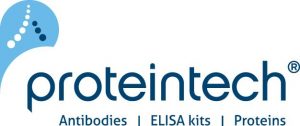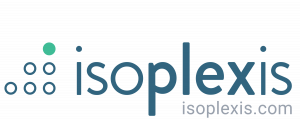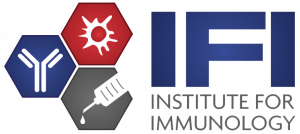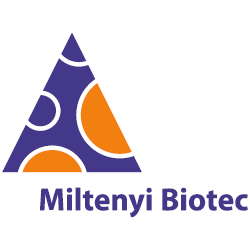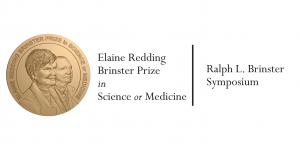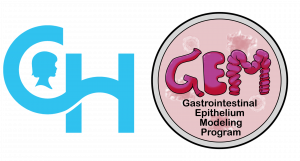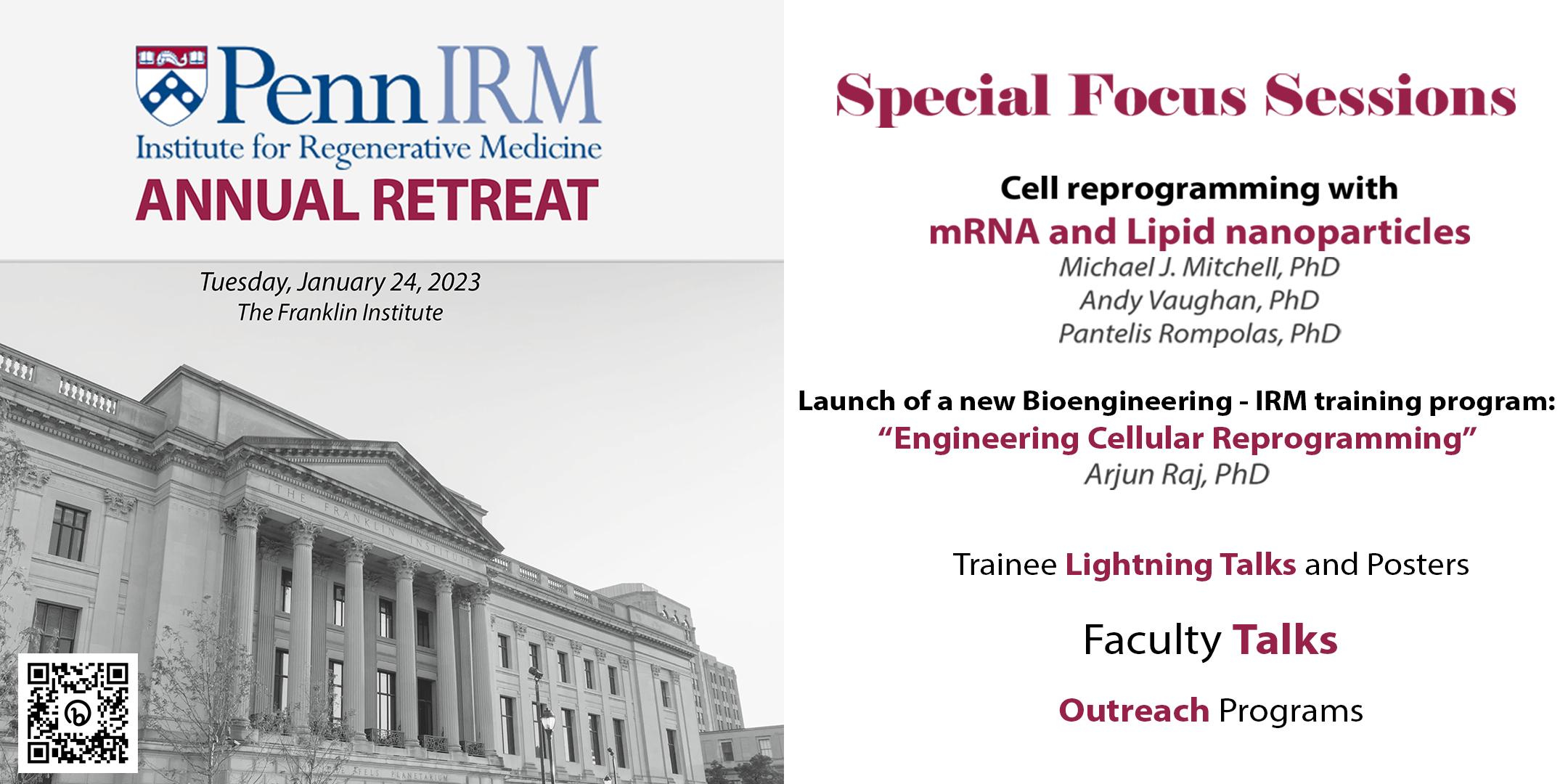Our ability to study the first stages of life is profoundly changing. Come learn about the science and discuss the ethics on these frontiers.
Update (11/2): The attendee link was sent to all registrants this morning. Please check your spam or junk folders if you did not receive it. If you did not receive the link, please contact yaroshc@pennmedicine.upenn.edu.
Event Details
WHEN: November 4, 2020 (Schedule)
WHERE: Virtual via BlueJeans Events- Link will be sent to registered attendees
WHAT: A timely and exciting event that will focus on the latest advances in modeling early human development and provide a forum to discuss both the scientific and ethical dimensions of newly developed technologies. Our speakers will examine cutting-edge methods such as extended in vitro embryo models; chimeras of animal hosts seeded with human cells; the use of human induced pluripotent cells (iPSCs) to generate germ cell precursors and embryo-like structures; and curing forms of infertility by uterine transplantation.
This event is free and open to the public. REGISTER to receive a link to the event and submit an abstract for lightning talk consideration. This event will not be recorded. Generously sponsored by New England Biolabs and Penn’s Vice Provost for Research University Research Foundation.
Schedule
Welcome and Introductions (9:00 AM)
Session 1- “Frontiers of embryonic development research”
9:15-9:45 Janet Rossant (University of Toronto/Hospital for Sick Children)
9:45-10:05 Magdalena Zernicka-Goetz (University of Cambridge/Caltech)
10:15-10:35 Nicolas Plachta (University of Pennsylvania Perelman School of Medicine)
10:35-10:50 Break
10:50-11:10 Kurt Barnhart (University of Pennsylvania Perelman School of Medicine)
11:10-11:45 Panel Discussion with Session 1 Speakers and Audience
Lightning Talks (11:45-noon)
Akshata Almad
Louis Prahl
Wenchao Qian
Session 2- “Approaches & Ethics for the Future of Developmental Biology”
1:00-1:30 Jianping Fu (University of Michigan)
1:30-1:50 Kathleen (Kate) O’Neill (University of Pennsylvania Perelman School of Medicine)
1:50-2:10 Kataro Sasaki (University of Pennsylvania School of Veterinary Medicine)
2:10-2:25 Break
2:25-2:45 Guo-li Ming (University of Pennsylvania Perelman School of Medicine)
2:45-3:05 Insoo Hyun (Case Western University/ Harvard University)
3:05-3:50 Panel Discussion with Session 2 Speakers and Audience
3:50-4:00 Closing remarks
Thank you to our sponsors!

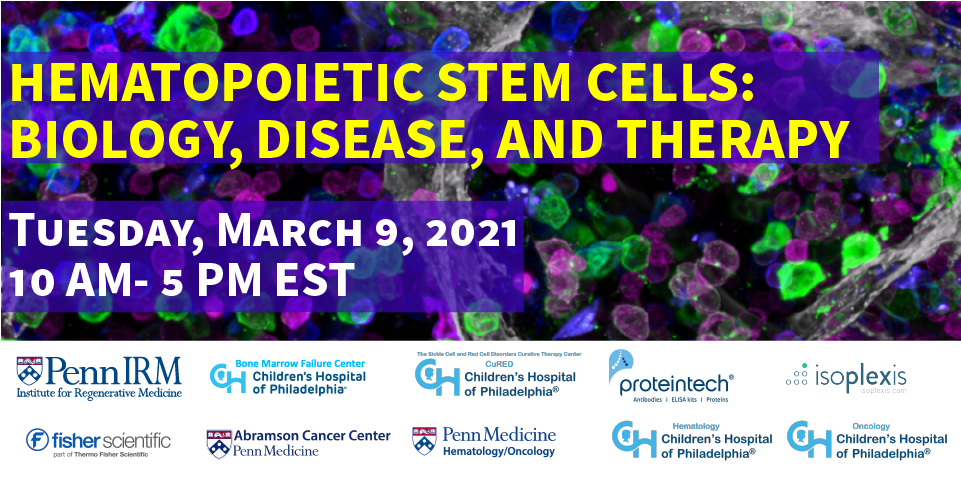
REGISTER | SCHEDULE | PROGRAM BOOK | SPEAKERS | POSTER INFO | SPONSORS
Join us for the IRM’s spring symposium! This year, we are taking a comprehensive look at hematopoietic stem cells: their biology, their failure in bone marrow syndromes, and their use in gene therapy approaches. Come learn all about these topics and more from Penn experts and leaders from around the world. Consistent with COVID-19 related health guidelines, this will be a virtual event.
Keynote
Sean Morrison, Ph.D. UT Southwestern
Speakers
Jeff Magee, M.D., Ph.D. Washington University St. Louis
Daniel Lucas, Ph.D. Cincinnati Children’s Hospital
Camilla Forsberg, Ph.D. UC Santa Cruz
Paula Rio Galdo, Ph.D. CIEMAT/CIBERER, Spain
Saar Gill, M.D., Ph.D. University of Pennsylvania
Stefano Rivella, Ph.D. Children’s Hospital of Philadelphia
Vijay G. Sankaran, M.D., Ph.D. Boston Children’s Hospital
Akiko Shimamura, M.D., Ph.D. Dana-Farber Cancer Institute
Daria Babushok, M.D., Ph.D. University of Pennsylvania
Lightning Talks and Posters
We are excited to offer students and postdoctoral researchers the opportunity to present during this event! Trainees working in the broad area of hematopoietic stem cell biology or related disease and therapy areas are invited to submit abstracts for posters and consideration for lightning talks! Please read the information below and indicate your preferences during registration. Prizes will be awarded!
Lightning talks: A select number of trainees will be chosen to present 1 slide, 90-second overviews of their research during the main session of our event. These talks are “pitches” or previews of your poster sessions and should get your colleagues excited to come learn more about your work. Lightning talk speakers will be chosen from submitted abstracts and notified the week prior to our event.
Posters: Posters will be presented during our lunch hour in individual Zoom rooms. Please create a short slide deck corresponding to the sections of a traditional poster (Introduction, Methods, Results, Conclusions, etc.). Attendees will be free to circulate into your Zoom room and listen as you present and ask questions. Judges will evaluate posters for potential prizes!
Abstract format and submission
Abstracts must include a title, authors and affiliations, and no more than 250 words describing the research.
Abstracts are due by 5 PM EST on Friday, February 26th. Submit abstracts via email to yaroshc@pennmedicine.upenn.edu. Use “HSC Symposium Abstract” as the subject line.
Sponsors
Thank you to our generous sponsors:
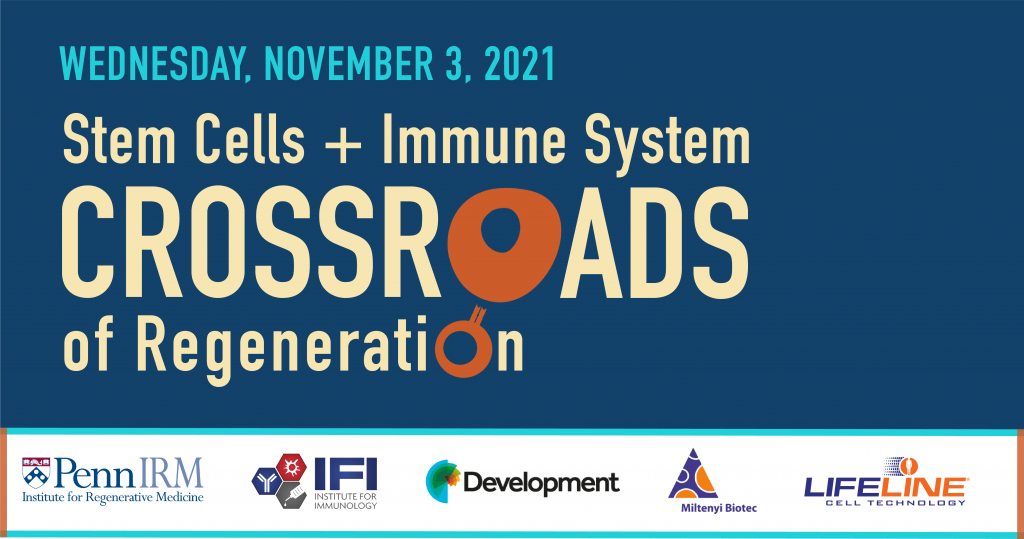
REGISTER | SCHEDULE | SPEAKERS | LIGHTNING TALKS |SPONSORS | COVID INFO
The IRM is excited to announce that we are partnering with the Institute for Immunology (IFI) for our fall 2021 symposium, Stem Cells & the Immune System: At the Crossroads of Regeneration. This hybrid in-person/virtual event will feature external speakers and Penn scientists discussing a rapidly emerging question: how does the immune system influence regeneration throughout the body?
Recent studies have pointed to a role for the cells of the immune system in modulating stem cell activity in a number of different tissues: T cells infiltrating neurogenic niches; inflammation mediating alveolar regeneration; macrophages providing transient muscle stem cell niches and more. Our fall symposium will explore these and related topics, focusing on the impact on stem cell biology.
Penn/CHOP faculty, postdocs, students, and staff are invited to join us in person in the Smilow Rubenstein Auditorium and Commons. Need directions to Smilow? Click here.
Schedule
Download the current schedule.
Speakers
Anne Brunet, Ph.D. (Stanford University) – Mechanisms of stem cell aging
Shruti Naik, Ph.D. (New York University) – Eavesdropping on the conversation between immune cells and epithelia during tissue repair
Joo-Hyeon Lee, Ph.D. (University of Cambridge) – Inflammation shapes lung regeneration
Peter Currie, Ph.D. (Monash University) – The role of a transient macrophage stem cell niche during skeletal muscle repair
Sina Bartfeld, Ph.D. (University of Würzburg) – Infection, innate immune signaling and cancer in the gut – organoids as model
Kara Spiller, Ph.D. (Drexel University) – Immunomodulatory biomaterials in regenerative medicine
Allie Greenplate, Ph.D. (University of Pennsylvania Immune Health Project) – Immune Health: tracking coordinated systems to direct patient care
Songtao Shi, DDS, Ph.D. (University of Pennsylvania) – TBD
Rumela Chakrabarti, Ph.D. (University of Pennsylvania) – Nurturing role of macrophages in mammary gland development
Lightning talks
Students and postdocs: we are looking for lightning talk presenters! Lightning talks are 90 second, 1 slide “pitches” of your work to the gathered audience. If you are conducting research into an area related to our symposium theme, submit an abstract to yaroshc@pennmedicine.upenn.edu by Friday, October 22 at 5 PM. Abstracts must include a title, authors and affiliations, and no more than 250 words describing the research.
COVID-19 Information
In compliance with all University of Pennsylvania and City of Philadelphia guidelines, this symposium is subject to the following COVID-19 procedures:
- All in-person attendees must be vaccinated against COVID-19. You must attest to your vaccination status on the registration form. Please attend virtually if you are not vaccinated or do not wish to disclose your status.
- All in-person attendees must wear masks.
- Email contact information will be collected in case contact tracing is required.
The IRM will update all registrants if policies and procedures change. Please check this space in advance of the event for the latest information. Current University of Pennsylvania and City of Philadelphia coronavirus are available on the linked websites. If you have any questions, please contact Chris Yarosh, IRM Associate Director (yaroshc@pennmedicine.upenn.edu).
Sponsors
Thank you to our generous sponsors:
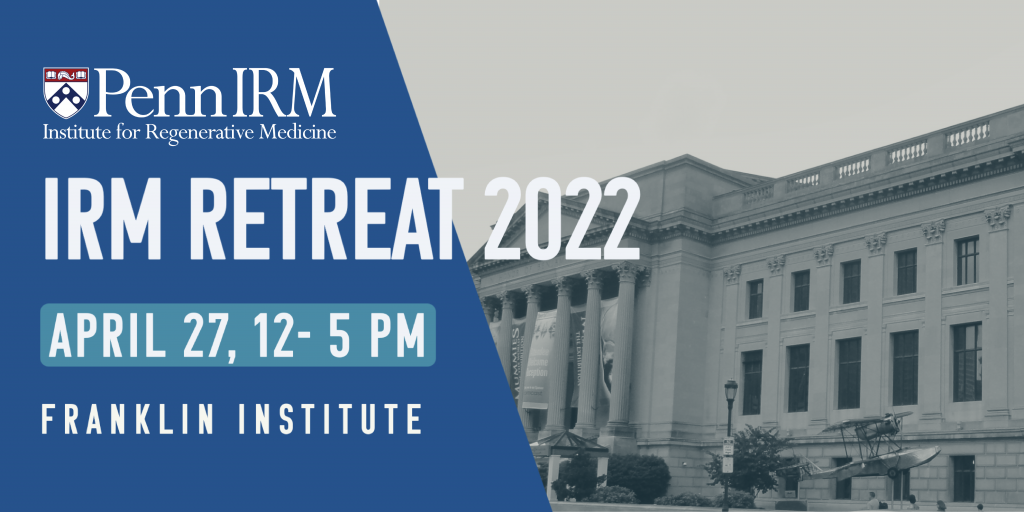
ABOUT | REGISTER | DIRECTIONS | PROGRAM | ABSTRACTS |
About
The annual IRM retreat will be held on April 27, 2022 from 12-5 PM (with happy hour to follow) at the Franklin Institute Museum of Science in Philadelphia! We hope to see you all for this in-person afternoon of highlights from IRM labs, discussion about future research initiatives, and welcoming of new IRM faculty. The IRM retreat is open to any faculty, staff, postdocs, and students from Penn/CHOP interested in regenerative medicine research.
Directions
The Franklin Institute is located at 222 N 20th St, Philadelphia, PA 19103. Complete information about directions and ways to get there are posted on the FI website.
If you’re walking or taking public transportation, please enter through the business entrance, street level to the right of the main steps. From there, take the elevator to floor 3 to reach Pepper Hall (if you’re able to join us before 1:30 PM) or proceed directly the Franklin Theater (floor 1) if you need to arrive later. Security guards and staff will provide directions if you need them!
If you’re driving, parking is available at the FI’s garage at a cost of $20. The GPS location is 271 North 21st Street
Philadelphia, PA 19103. Please take the elevator to floor 3 if arriving in time for lunch or floor 1 if you are coming after 1:30 PM.
Program
Click here to download a PDF version of the retreat schedule.
Abstracts
Thank you to everyone who submitted abstracts or applied for lightning talk spots. Submissions are now closed.
Students and postdocs: we are looking for lightning talk and poster presenters!
Lightning talks are 90 second, 1 slide “snapshots” of your work to the gathered audience. If you are interested, submit an abstract to yaroshc@pennmedicine.upenn.edu by 5 PM on Monday, April 18. Abstracts must include a title, authors and affiliations, and no more than 250 words describing the research. Any topic related to the broad themes of stem cell biology, tissue engineering, and regenerative medicine is welcome!
If you are interested in presenting a poster, email your name, poster title, and affiliations to Chris Yarosh (yaroshc@pennmedicine.upenn.edu) by Monday, April 18 at 5 PM. Poster presenters do not need to submit abstracts unless you are interested in being selected for a lightning talk spot.
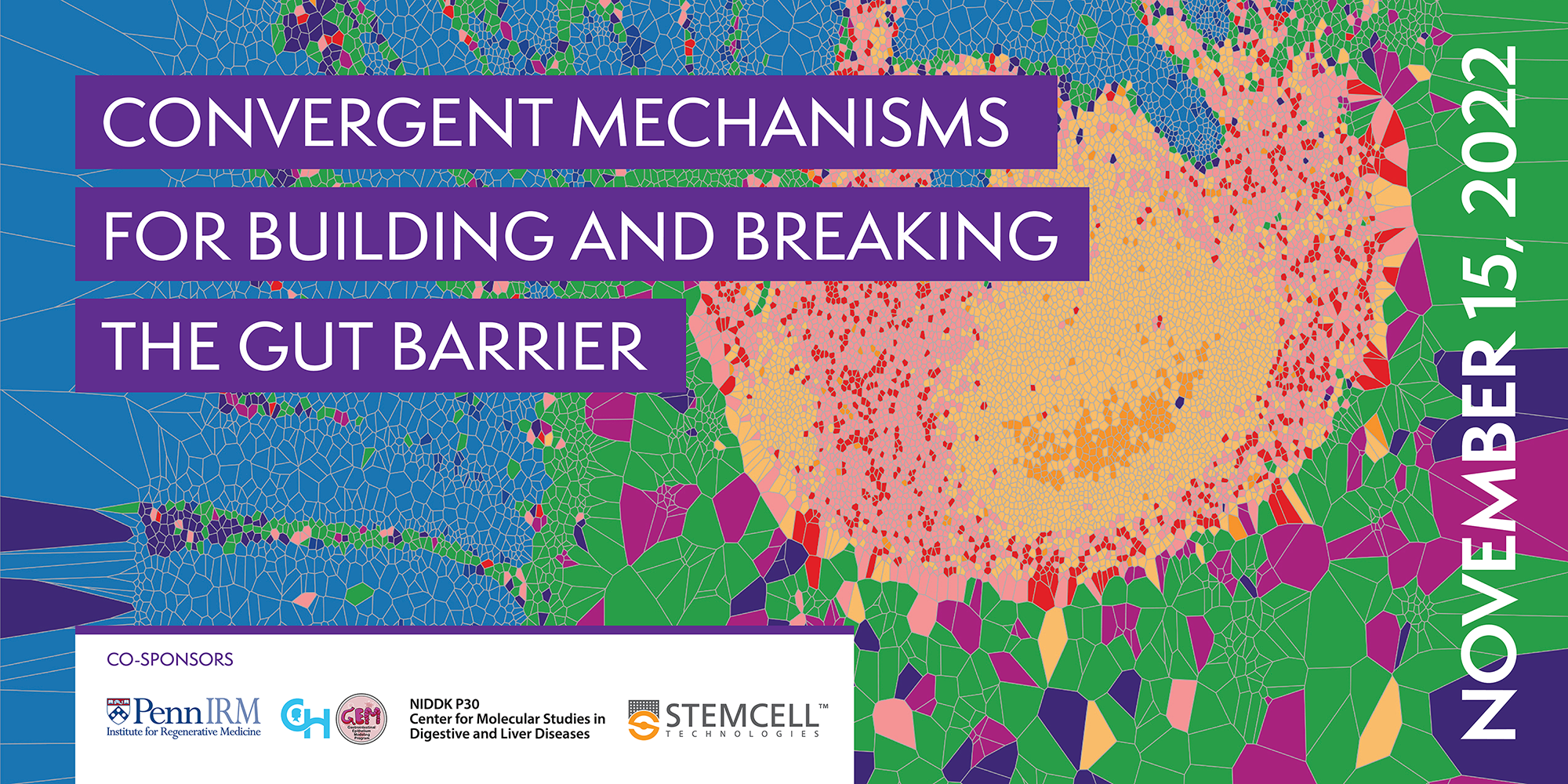
REGISTER | SCHEDULE | SPEAKERS | ABSTRACTS | SPONSORS
The IRM will host our fall symposium, Convergent Mechanisms for Building and Breaking the Gut Barrier, on Tuesday, November 15, 2022 in the Smilow Center for Translational Research Rubenstein Auditorium and Commons. This in person event will explore several facets of the critical gut barrier niche, including the stem cell identities and developmental pathways that comprise the barrier, barrier regeneration, and the role of stem cells in malignant transformations.
We invite trainees to submit abstracts for posters and lightning talks!
Need directions to Smilow? Click here.
Schedule
Download a PDF version of our schedule.
Speakers
- Linda Samuelson, PhD (University of Michigan)
- Kelley Yan, MD, PhD (Columbia)
- Klaus Kaestner, PhD (Penn)
- Mike Verzi, PhD (Rutgers)
- Nicole Belle, MD, PhD (Penn)
- Maayan Levy, PhD (Penn)
- Luke Dow, PhD (Cornell)
- Omer Yilmaz, MD, PhD (MIT)
Abstracts
Students and postdocs: we are looking for lightning talk and poster presenters! Lightning talks are 90 second, 1 slide “pitches” of your work to the gathered audience. If you are conducting research into an area related to our symposium theme, submit an abstract to Diona.Cashioli@pennmedicine.upenn.edu by Friday, Nov 4 at 5 PM. Abstracts must include a title, authors and affiliations, and no more than 250 words describing the research.
Posters from trainees studying topics related to the symposium theme are welcome! Please submit your name, affiliations, authors, and title to Diona.Cashioli@pennmedicine.upenn.edu by Friday, Nov 4 at 5 PM. You do not need to submit a full abstract unless you wish to be considered for a lightning talk.
Sponsors
Thank you to our generous sponsors:
ABOUT | REGISTER | DIRECTIONS | ABSTRACTS
About
The annual IRM retreat will be held on January 24, 2023 from 12-5 PM (with happy hour to follow) at the Franklin Institute Museum of Science in Philadelphia! We hope to see you all for this in-person afternoon of highlights from IRM labs, discussion about future research initiatives, and welcoming of new IRM faculty. The IRM retreat is open to any faculty, staff, postdocs, and students from Penn/CHOP interested in regenerative medicine research.
Directions
The Franklin Institute is located at 222 N 20th St, Philadelphia, PA 19103. Complete information about directions and ways to get there are posted on the FI website.
If you’re driving, parking is available at the FI’s garage at a cost of $20. The GPS location is 271 North 21st Street
Philadelphia, PA 19103.
Abstracts
Students and postdocs: we are looking for lightning talk and poster presenters!
Lightning talks are 90 second, 1 slide “snapshots” of your work to the gathered audience. If you are interested, submit an abstract via email to Rutvi, rutvi.ashar@pennmedicine.upenn.edu by 5 PM on Monday, January 16. Abstracts must include a title, authors and affiliations, and no more than 250 words describing the research. Any topic related to the broad themes of stem cell biology, tissue engineering, and regenerative medicine is welcome!
If you are interested in presenting a poster, email your name, poster title, and affiliations via email Rutvi, rutvi.ashar@pennmedicine.upenn.edu by 5 PM on Monday, January 16. Poster presenters do not need to submit abstracts unless you are interested in being selected for a lightning talk spot.
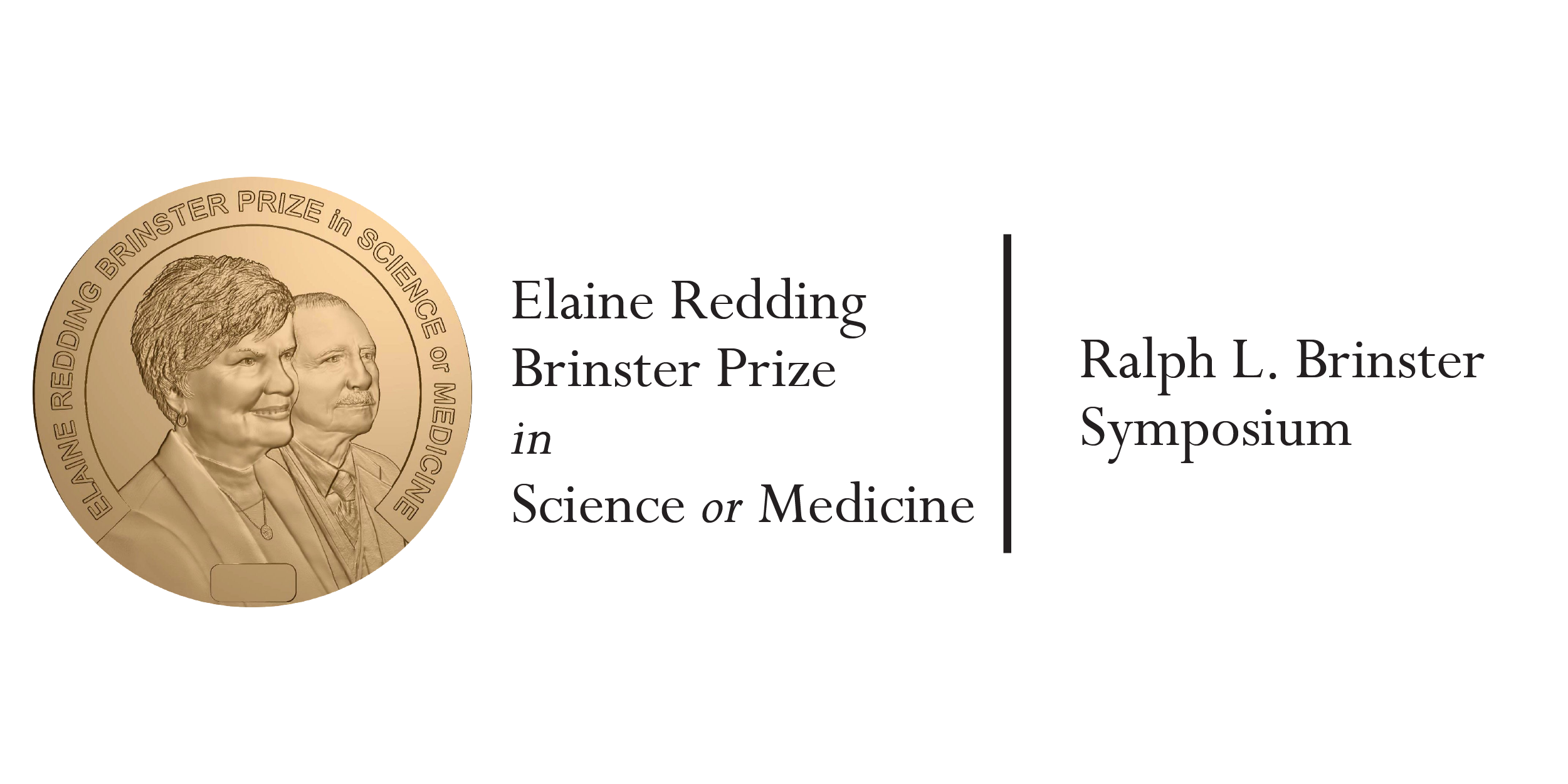
The Elaine Redding Brinster Prize in Science or Medicine recognizes foundational discoveries in the fields of biological science and medicine. The Prize— a medal, a citation, and a monetary award of $100,000—is awarded annually to an individual from any country to recognize their outstanding discovery for its unique impact on biomedicine. This year, we are honoring Huda Y. Zoghbi, MD of Baylor College of Medicine for her fundamental contributions to the basis for neurological disorders.
The Ralph L. Brinster Symposium is an annual scientific symposium, held in conjunction with the Prize, to highlight breakthrough science across the entire spectrum of biomedical research. The Symposium, co-sponsored by the Deans of the School of Veterinary Medicine and Raymond and Ruth Perelman School of Medicine, features presentations from extraordinary scientists who rank among the leaders in their fields.
This year, we are thrilled to host a symposium of talks by these eminent scientists:
- Janet Rossant, PhD, Senior Scientist Emeritus, Hospital for Sick Children; University Professor Emeritus, Department of Molecular Genetics, University of Toronto
- “Stem Cells, Embryos and Embryo Models”
- Lynne Maquat, PhD, J. Lowell Orbison Endowed Chair and Professor, Departments of Biochemistry & Biophysics, Oncology, and Pediatrics, School of Medicine and Dentistry; Director, Center for RNA Biology; Chair, Graduate Women in Science, University of Rochester
- “Mis-regulation of Nonsense-Mediated mRNA Decay in the Intellectual Disability Fragile X Syndrome”
- Robb Krumlauf, PhD, Investigator & Scientific Director Emeritus, Stowers Institute for Medical Research
- “Evolution of Hox Proteins: Regulating Pluripotency and Differentiation”
- Lorenz Studer, MD, Founding Director, Center for Stem Cell Biology, Memorial Sloan Kettering Cancer Center
- “Directing Cell Fate, Maturation, and Age in Human Pluripotent Stem Cells”
- Huda Y. Zoghbi, MD, Investigator, Howard Hughes Medical Institute, Distinguished Service Professor, Baylor College of Medicine, Director, Jan and Dan Duncan Neurological Research Institute, Texas Children’s Hospital & winner of the Elaine Redding Brinster Prize
- “Molecular Neurobiological Studies in Rett Syndrome and MECP2 Disorders”
The Elaine Redding Brinster Prize and Ralph L. Brinster Symposium are generously funded by endowments provided by the children of Elaine Redding Brinster and Ralph Brinster.
Need directions to Smilow? Click here.
Schedule
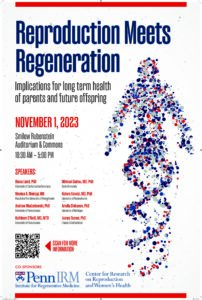
The IRM will host our fall symposium, Reproduction meets Regeneration: Implications for long term health of parents and future offspring, on Wednesday, November 1, 2023 in the Smilow Center for Translational Research Rubenstein Auditorium and Commons.
We invite trainees to submit abstracts for posters and lightning talks!
Need directions to Smilow? Click here.
Speakers
Mitinori Saitou, MD, PhD
INSTITUTE FOR THE ADVANCED STUDY OF HUMAN BIOLOGY, DEPARTMENT OF ANATOMY AND CELL BIOLOGY, GRADUATE SCHOOL OF MEDICINE, KYOTO UNIVERSITY
Kotaro Sasaki, MD, PhD
UNIVERSITY OF PENNSYLVANIA
Diana Laird, PhD
CZ BIOHUB INVESTIGATOR, ELI AND EDYTHE BROAD CENTER FOR REGENERATION MEDICINE AND STEM CELL RESEARCH, CENTER FOR REPRODUCTIVE SERVICES, DEPARTMENT OF OBGYN, , UNIVERSITY OF CALIFORNIA SAN FRANSISCO
Kathleen O’Neill, MD, MTR
DEPARTMENT OF OBSTETRICS AND GYNECOLOGY, UNIVERSITY OF PENNSYLVANIA
Ariella Shikanov, PhD
DEPARTMENT OF BIOMEDICAL ENGINEERING, UNIVERSITY OF MICHIGAN
Monica A. Mainigi, MD
HOSPITAL OF THE UNIVERSITY OF PENNSYLVANIA
Andrew Modzelewski, PhD
SCHOOL OF VETERINARY MEDICINE, UNIVERSITY OF PENNSYLVANIA
James Turner, PhD
ASSISTANT RESEARCH DIRECTOR, FRANCIS CRICK INSTITUTE
Download the program here!
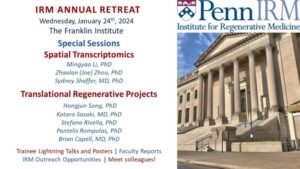
About
The annual IRM retreat will be held on January 24, 2024 from 12-5 PM (with happy hour to follow) at the Franklin Institute Museum of Science in Philadelphia! We hope to see you all for this in-person afternoon of highlights from IRM labs, discussion about future research initiatives, and welcoming of new IRM faculty. The IRM retreat is open to any faculty, staff, postdocs, and students from Penn/CHOP interested in regenerative medicine research.
Directions
The Franklin Institute is located at 222 N 20th St, Philadelphia, PA 19103. Complete information about directions and ways to get there are posted on the FI website.
If you’re driving, parking is available at the FI’s garage at a cost of $20. The GPS location is 271 North 21st Street
Philadelphia, PA 19103.
Abstracts
Students and postdocs: we are looking for lightning talk and poster presenters!
Register to attend the retreat here!

